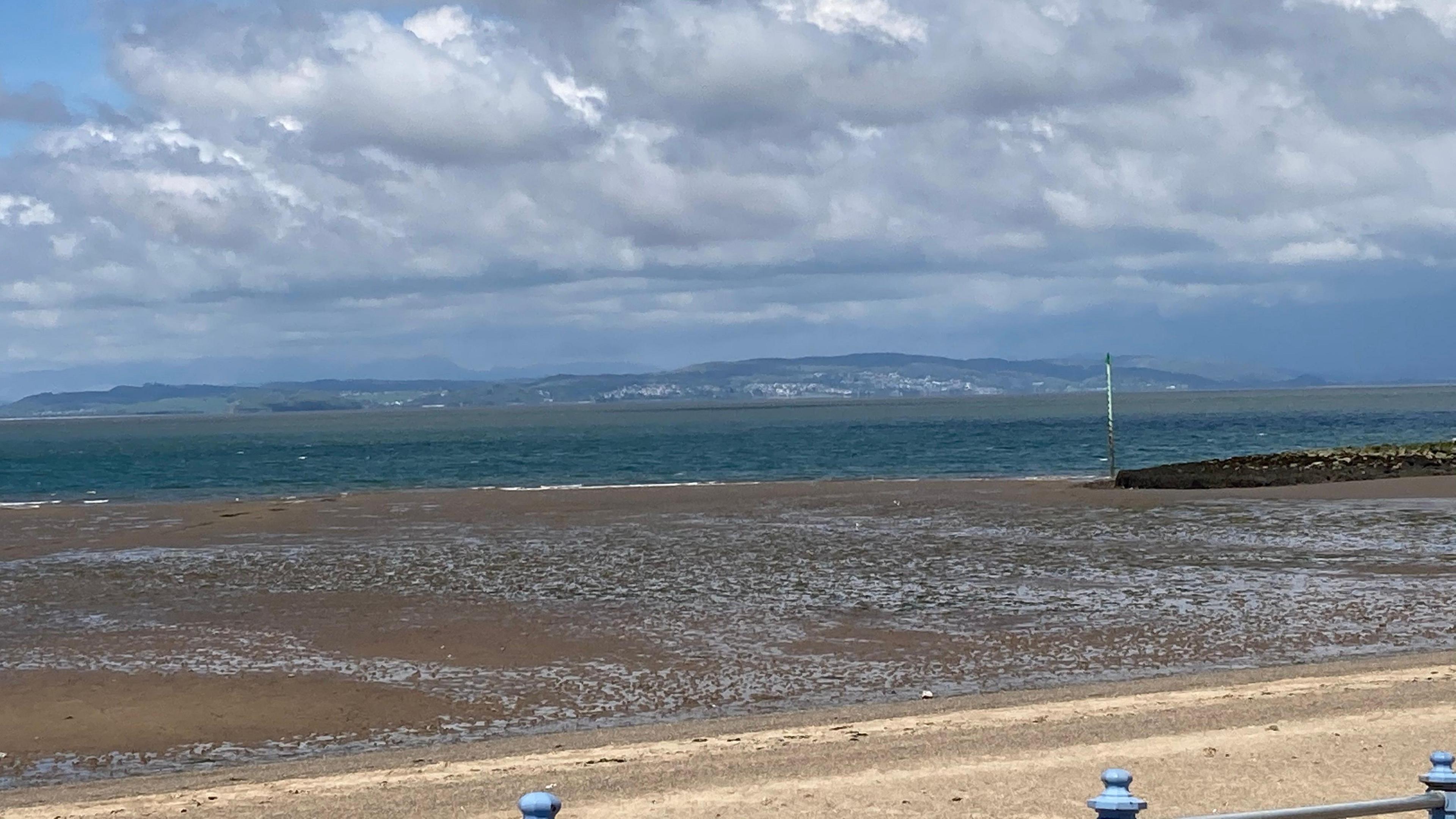Council land suffering loss of wildlife - report

Morecambe Bay is one of the various types of habitats found in the council's area
- Published
Land managed by a local authority is experiencing a "significant loss" of biodiversity, according to a report.
The document by Westmorland and Furness Council found 80% of its land managed for wildlife had been "degraded in some way" by human activity.
The council approved the first part of its Nature and Biodiversity Action Plan, which sets out how it will work with communities to protect wildlife.
Cabinet member for climate and biodiversity, Giles Archibald, said the council had the opportunity to contribute to "the solution of this problem".
According to the action plan 15% of Westmorland and Furness is currently managed uniquely for wildlife, and only 20% of this remains in good condition.
The action plan states: "Westmorland and Furness, like the rest of the UK, is experiencing a significant loss of biodiversity.
"Whilst it is home to a wide range of wildlife and often appears as a lush, green landscape, sadly biodiversity remains under threat from habitat loss, changing land-use, invasive species, pollution and climate change."
Marvellous landscapes
Westmorland and Furness is home to a varied range of natural habitats, including the coastal habitats in the south around Morecambe Bay to the Lake District summit of Helvellyn, the report added.
Mr Archibald said: "It’s been suggested we may be in the sixth mass extinction event."
He added: "We have a marvellous landscape; we have the opportunity to contribute disproportionately to the solution of this problem and I believe strongly we can solve this problem if we work together."
Part one of the action plan was approved by councillors at Barrow Town Hall on 30 April.
Part two of the plan will be published at a later date and will outline how the authority will work with other partners to address the ‘biodiversity crisis".
Follow BBC Cumbria on X (formerly Twitter), external, Facebook, external and Instagram, external. Send your story ideas to northeastandcumbria@bbc.co.uk.